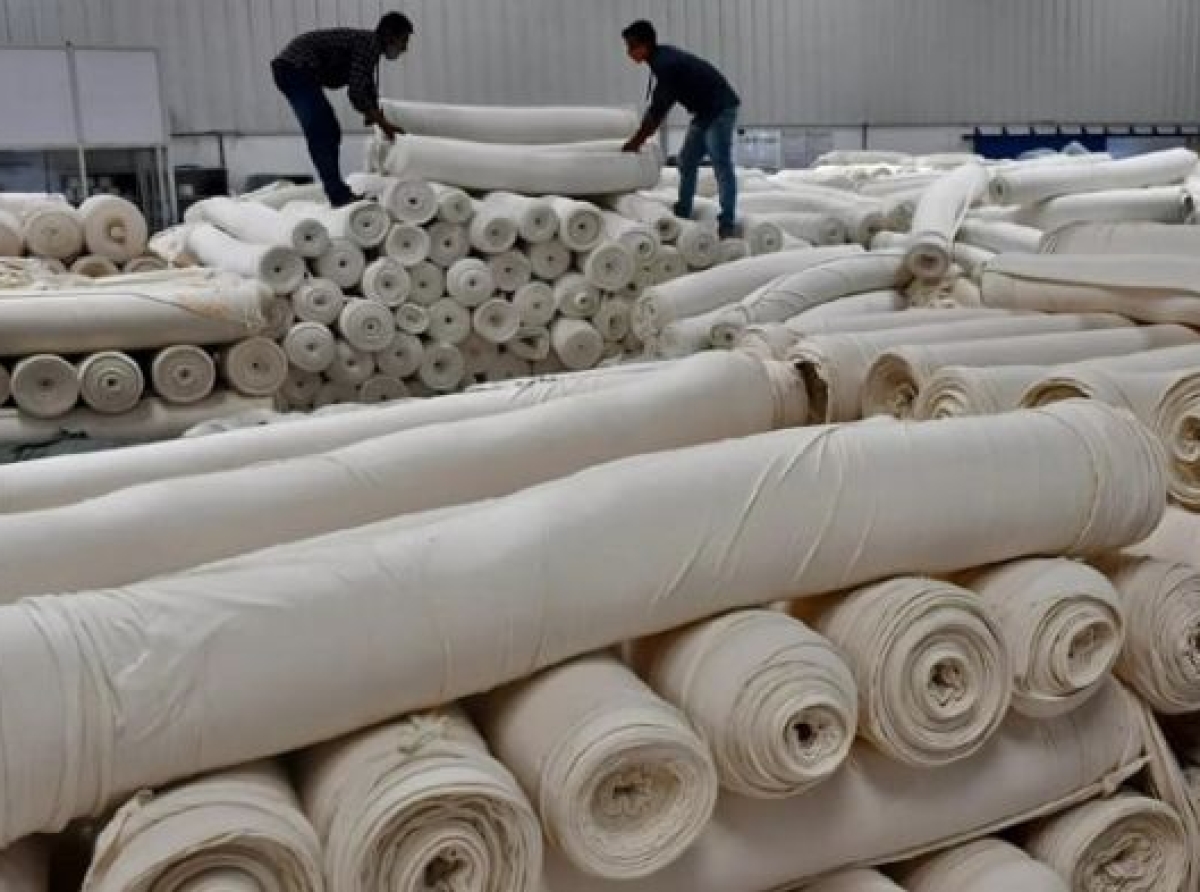Concerns over delay in Maharashtra’s new textile industry policy

15 April 2023, Mumbai
The state government of Maharashtra has extended its current textile policy until the proposed new policy is approved, as the textile industry in the state has raised concerns about the delay in finalizing the new policy.
The current policy, which was implemented in 2018 and was set to expire this year, will remain in place until the new policy is approved. The government has formed a 23-member committee to draft the new policy, which is expected to address issues such as subsidies for setting up new units, expanding existing ones, and power supply.
The delay in finalizing the new policy has caused concerns among industry stakeholders, who have called for reforms. Maharashtra is the leading contributor to textile production in India, and the 2018-23 policy aimed to add 10 lakh new jobs and secure an investment of Rs. 36,000 crore. The industry now has to wait for the new policy to be finalized and until then, they will have to continue operating under the existing policy.
Despite the challenges faced by the industry, such as rising competition from neighboring states and the ongoing COVID-19 pandemic, the textile industry in Maharashtra has been able to sustain its growth and remains a crucial sector for the state's economy. The new textile policy is expected to focus on promoting innovation, research and development, and sustainable practices in the industry, in addition to addressing the issue of subsidies. The policy will aim to enhance the competitiveness of the textile industry in Maharashtra and make it a global leader in the sector.
The government has already taken several initiatives to support the textile industry, such as setting up textile parks and providing financial assistance to small and medium-sized enterprises, which have helped in creating employment opportunities and boosting the growth of the sector. It is important to note that the textile industry in Maharashtra contributes almost half of the country's total textile production and has been instrumental in creating employment opportunities, especially in rural areas where the majority of textile units are located.
























